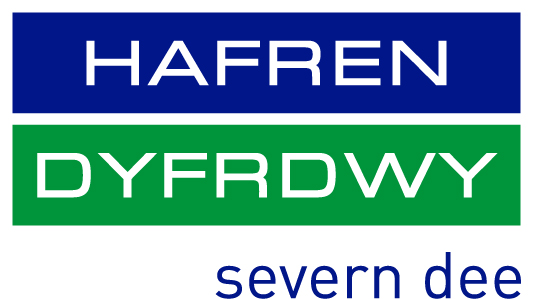Avoiding nasty blockages
Clogged drains or a loo you can’t flush should be the least of your worries, but blockages don't just cause a problem for you. They cause issues for your neighbours too.
There are some easy and simple actions you can take every day to help protect your drains and keep the sewers flowing for everyone.
Top tips for the bathroom
Follow these simple tips in the bathroom to avoid nasty blockages. That way your shower will be stress free and the water will be removed quickly and safely.
Top tips for the kitchen
We have some simple ways you can prevent blockages to keep your pipes clear and able to remove your dirty water effectively.
How drains get clogged up and blocked
Blocked pipes are often caused by items such as wet wipes, sanitary products and tampons being flushed down the loo and leftover fats and oils from cooking being poured down the sink.
This then causes blockages which are messy, unpleasant and can cause sewage to flow back inside your home. It can be upsetting for you and your loved ones and it’s also costly to fix.
Ever heard of a fatberg?
All the food waste, leftover cooking oil and fat congeals with flushed sanitary products, wipes and other items to form a solid mass known as a fatberg.
Each time more unflushable items enter the sewer, they stick to the fatberg and the blockage grows.
Fatbergs prevent your wastewater flowing through the sewer. It has nowhere to go and if left like this, dirty water can end up flooding your home and the homes of your neighbours. This is also harmful to the local environment.
